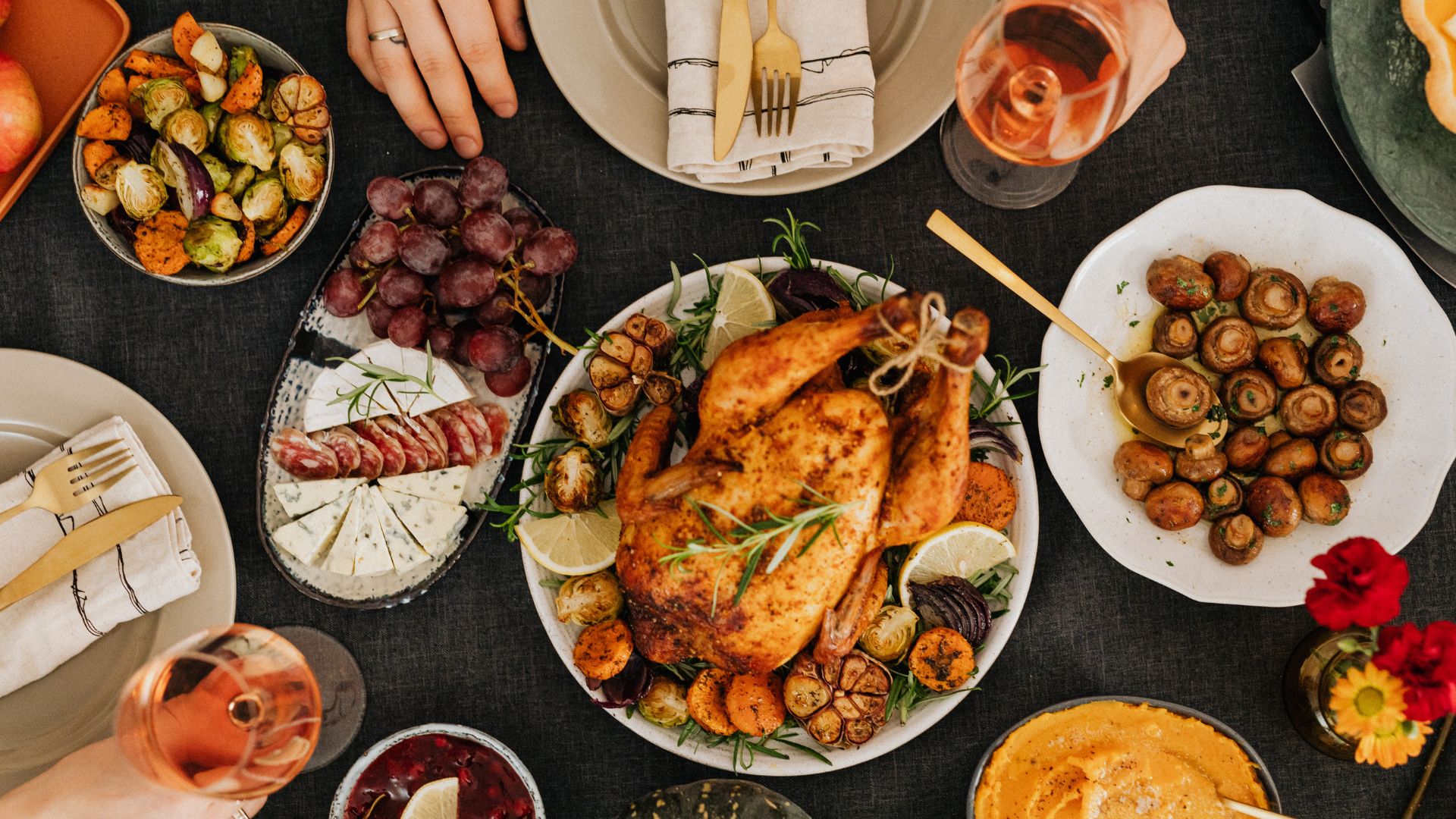Food Poisoning During the Holidays
Food poisoning during the holidays is the last thing from most of our minds. Be it a Thanksgiving turkey, a Christmas ham, or a New Year’s Eve banquet, food assumes a central role in our holiday merriments. However, it is also a season when the likelihood of food poisoning is heightened due to the increased preparation and consumption of meals. To assist you in maintaining safety and well-being during the holidays, let’s delve into the common indicators of food poisoning and offer guidance on recognizing and averting this unwelcome visitor at your holiday table.
What is Food Poisoning?
Food poisoning, or foodborne illness, arises from the consumption of contaminated food. The contamination can transpire at any stage, from the farm to the table, and may result from bacteria, viruses, parasites, or chemical substances. A substantial issue, food poisoning affects around 48 million Americans annually, leading to the hospitalization of 128,000 individuals and tragically claiming the lives of 3,000, as reported by the U.S. Centers for Disease Control and Prevention.
Common Causes of Food Poisoning During Holidays
During the holiday season, the risk of food poisoning escalates due to various factors:
- Handling and Preparation: Increased food preparation during the holiday season raises the likelihood of cross-contamination, where raw meat or poultry juices come into contact with other foods or surfaces, leading to food poisoning.
- Leftovers: Inadequately stored and reheated holiday leftovers can swiftly breed bacteria, posing risks of food poisoning.
- Potlucks and Parties: Potluck-style gatherings introduce homemade dishes, sometimes prepared and stored without proper safety measures, heightening the potential for foodborne illnesses.
(CDC, 2023)
Food Poisoning and Germs
Individuals with underlying health conditions, such as chronic kidney disease or weakened immune systems, face a higher risk of contracting food poisoning. Various microorganisms, including Salmonella, E. coli, Listeria, Campylobacter, Staphylococcus Aureus, Shigella, Hepatitis A, and Norovirus, often cause food poisoning. Some, like Listeria and E. coli, can lead to severe complications affecting the heart, kidneys, and blood clotting. (Brogan, 2022)
When to Seek Medical Attention
While many cases of food poisoning can be managed at home, there are instances where medical attention is crucial like when symptoms are severe or prolonged, such as high fever, bloody diarrhea, or persistent vomiting, blood is present in the stool, dehydration is severe, or the ability to keep fluids down is compromised, pregnancy, very young age, or elderly status, as these populations are more vulnerable to complications, suspected ingestion of contaminated food while eating out or at an event may require reporting to the local health department to prevent further cases. (Centers for Disease Control and Prevention)
Preventing Food Poisoning During the Holidays
Preventing food poisoning during the holidays is paramount. Adhere to these guidelines:
- Cleanliness: Thoroughly wash hands, utensils, and surfaces before and after handling food.
- Separate: Use separate cutting boards and utensils for raw meats to avoid cross-contamination.
- Safe Temperatures: Utilize a food thermometer to ensure meats, poultry, and fish reach safe internal temperatures.
- Chill Quickly: Promptly refrigerate or freeze perishable foods to prevent bacterial growth.
- Reheat Safely: When reheating leftovers, ensure they reach at least 165°F (73.9°C).
- Limit Leftovers: Consume or freeze leftovers within a few days to avoid foodborne illness.
- Educate Guests: Inform guests about food safety if they bring dishes to share.
- Monitor Symptoms: Take food poisoning symptoms seriously and seek medical attention when necessary.
(US News)
The holiday season is meant for crafting cherished memories and relishing scrumptious food with loved ones. Nevertheless, the risk of food poisoning during holiday festivities is a valid concern. Recognizing the symptoms of food poisoning and taking preventive measures can contribute to ensuring that your holiday gatherings remain joyful and healthy.
Works Cited
CDC. “Foods That Can Cause Food Poisoning.” Centers for Disease Control and Prevention, 9 Aug. 2023, www.cdc.gov/foodsafety/foods-linked-illness.html.
“Food Poisoning (for Parents) – Nemours Kidshealth.” Edited by Ryan J. Brogan, KidsHealth, The Nemours Foundation, Apr. 2022, kidshealth.org/en/parents/food-poisoning.html.
Centers for Disease Control and Prevention. “Food Poisoning Symptoms.” Centers for Disease Control and Prevention, 24 Oct. 2023, www.cdc.gov/foodsafety/symptoms.html.
US News. Keep Food Poisoning at Bay This Holiday Season – U.S. News & World Report, www.usnews.com/news/health-news/articles/2022-11-22/keep-food-poisoning-at-bay-this-holiday-season.


